The way people interact and connect with others has changed as social media continues to grow. Platforms such as Instagram, Facebook, Twitter, and TikTok have made it much easier to keep in touch, meet new people, or even find romantic partners.
However, as these platforms become a bigger part of everyday life, they alter how human relationships function sometimes in small ways and sometimes in deep, impactful manners. Social media influences modern romantic relationships by shifting ideas of intimacy, shaping self-perception, and changing how people date, with effects that are both positive and negative.
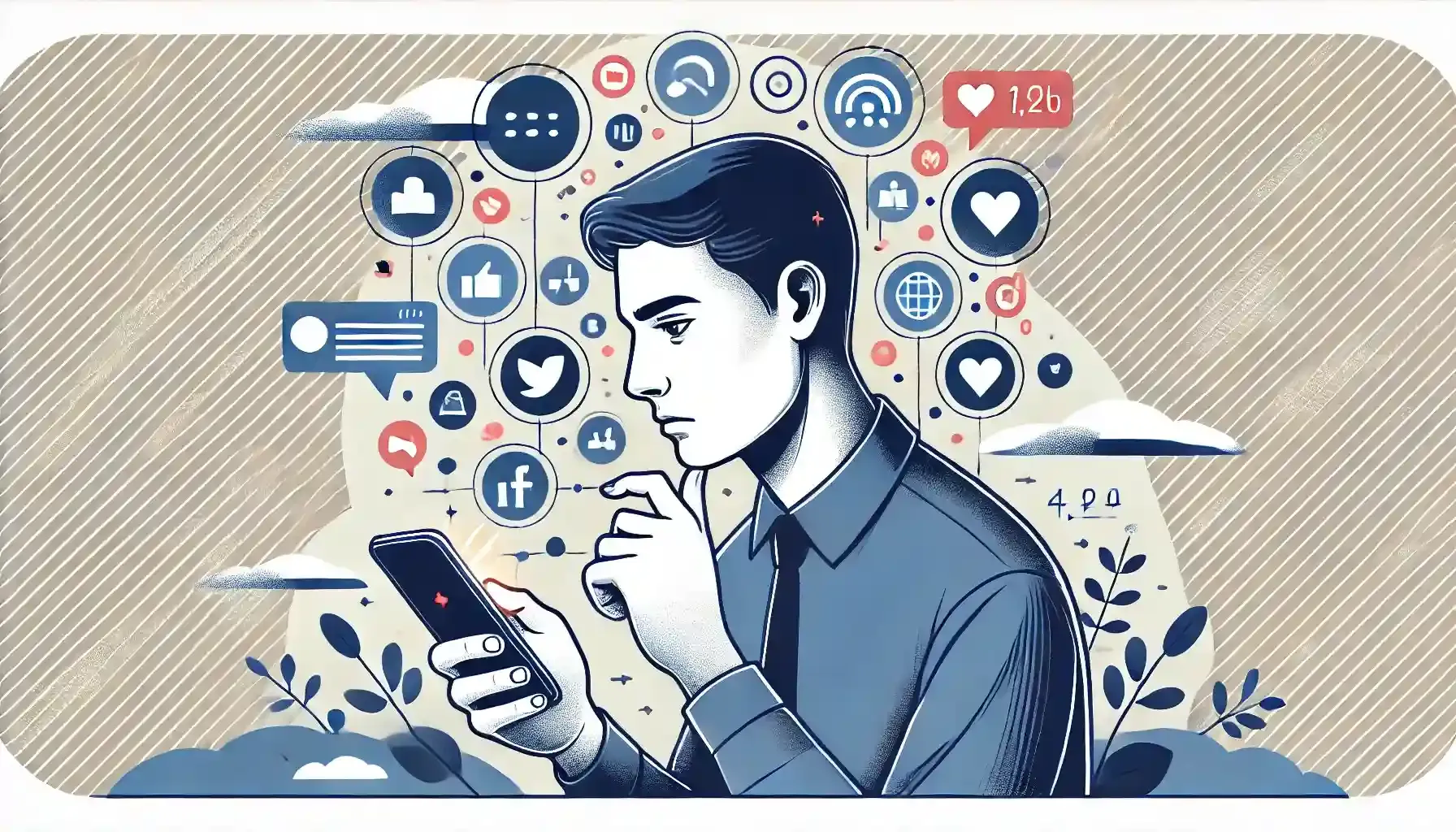
This piece examines how social media has influenced personal connections, the transformation of dating in the digital era, and the consequences these changes bring to emotional health and social behaviour.
Communication Changes Within Relationships
One of the most powerful impacts of social media on human relations is how people communicate. Gone are the days when people needed to spend long hours on phone calls or arrange face-to-face meetings to share their feelings. Now, a simple text, an Instagram comment, or a Facebook like can express affection and keep relationships alive among family, friends, and lovers.
The boundary between public and private conversations has become blurry as platforms like Instagram and Facebook are often used to discuss personal matters openly.
Many users share everyday moments and special occasions alike, which has encouraged a culture of over-sharing. This behaviour means that what used to be private is now often visible to a wide audience.
Social media also provides constant connectivity, but it changes how emotions are expressed and understood. Emojis, GIFs, and memes help send feelings easily, yet their emotional depth rarely matches that of face-to-face expressions. A simple heart icon or a brief comment may replace lengthy conversations, leading to shallow interactions that lack true emotional richness.
In addition, the tone or intention behind messages can get lost online, which sometimes causes misunderstanding and conflict. What seems like an innocent comment or a casual like on someone’s post might lead to tensions between couples or friends because the nuances of body language and voice tone are missing in written text.
However, social media can be a platform for freer emotional expression. People who find it hard to communicate face-to-face due to shyness may find it easier to share their feelings through messages in the comfort of their own space. For these individuals, social media might help build deeper communication with others.
The Rise of Digital Dating
The influence of social media is perhaps most obvious in the area of dating and romantic partnerships. Applications such as Tinder, Bumble, and Hinge, which connect directly with social media accounts, have transformed how people meet and form relationships.
Before these apps, people often found partners through friends, social events, or chance encounters. Now, people can browse many profiles from home using dating apps. This change has made dating more convenient but has also introduced new challenges.
Shifting Expectations Around Dating
Instant gratification stands out as a major change in dating today. The endless options provided by social media and mobile apps can promote a “shopping” attitude toward relationships, where people quickly move on if immediate attraction or excitement is missing. This habit reduces the willingness to invest time in truly getting to know someone.
This abundance of choice can cause what some describe as a fear of missing out, pushing people to constantly wonder if better options exist, even in committed relationships. As a result, relationships may become less stable and less satisfying because partners question if they have found the best match.
On the flip side, social media allows for more diverse dating experiences. It helps people connect beyond their immediate social circles and geographic areas, making it easier to meet individuals who share similar interests or values. This broader pool of potential partners offers more freedom to define and pursue relationships in new ways.
The Burden of Perfection
Instagram, where visual content dominates, often showcases idealised and carefully curated moments. Romantic relationships are frequently portrayed through perfect pictures of dates, holidays, or celebrations, without revealing everyday challenges or struggles.
This kind of selective sharing can create unrealistic standards for relationships. People may feel pressured to present flawless lives to attract partners or avoid criticism within their current relationships. Comparing their own imperfect experiences with these polished images can lead to dissatisfaction, insecurity, or envy.
Such pressure hits especially hard among younger generations who have grown up with social media as a constant presence. Studies link heavy Instagram use to lower self-esteem and feelings of inadequacy, particularly when users compare their lives to the seemingly perfect ones of influencers or peers. These negative emotions may spill into romantic relationships, affecting self-worth and confidence.
Social Media’s Role in Trust Issues
Trust forms the foundation of any strong relationship, but social media introduces new difficulties in building and maintaining it. Jealousy and suspicion can easily arise from actions like liking or commenting on someone else’s post.
Partners may feel uneasy about how often or how their serious other interacts with others online, which can create insecurity or suspicion of unfaithfulness.
The digital age has blurred the line around what counts as cheating. Private messages or flirtatious behaviour on platforms like Instagram or Snapchat may be seen as crossing boundaries, even if no physical interaction occurs. This makes emotional or digital infidelity easier to happen, adding tension to relationships.
Yet social media can also support trust when couples are transparent about their online activities. Sharing passwords or discussing digital boundaries can help partners understand each other better.
However, social media tools can keep long-distance couples connected, allowing them to share everyday experiences and feel involved despite physical separation.
Effects on Friendships and Social Bonds
Social media’s influence is not limited to romantic ties but also extends to friendships. Platforms such as Facebook help maintain connections with friends from different stages of life childhood, school, or work making it easier to stay in contact over long distances and years.
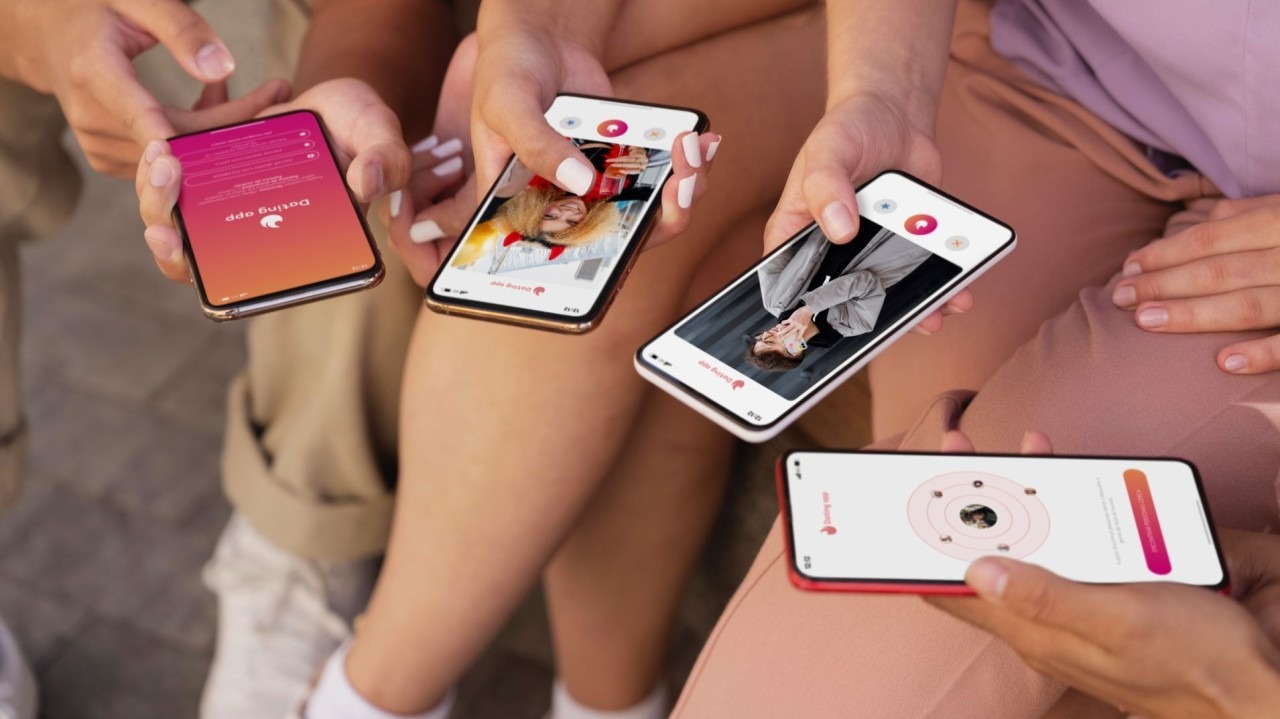
The nature of these friendships, however, has shifted. While social media encourages frequent interactions like likes and comments, these actions often lack emotional depth and meaningful support. This can create a false sense of closeness without real engagement or shared moments.
On the positive side, social media enables new friendships based on shared interests. Platforms like Twitter, Reddit, and Instagram connect people around common hobbies, goals, or passions.
These virtual communities offer opportunities that might not be possible offline and are valuable especially for those who feel socially isolated or want to expand their networks.
Social Media’s Impact on Mental Health and Isolation
Despite connecting people digitally, research links increased social media use with feelings of loneliness and depression. Constant comparison with others’ seemingly perfect lives can cause users to feel inadequate.
Endless scrolling through feeds may increase social isolation rather than reduce it. Superficial relationships on these platforms often leave people feeling disconnected.
This dynamic affects romantic and social relationships alike. While social media makes it easier to keep in touch, depending too much on digital communication can deepen emotional distance if face-to-face interaction is neglected. Maintaining balance is crucial because social media can either support or harm emotional bonding depending on how it is used.
Social media influences modern relationships in many ways, with both helpful and harmful effects. Platforms such as Instagram, Facebook, and Twitter enable constant communication, easy connection, and the chance to find like-minded people or keep long-distance bonds alive. They provide space for self-expression and diverse relationship experiences.
However, these platforms can also create distorted perceptions, unrealistic expectations, and shallow connections. The pressure to present perfect lives, combined with reduced genuine communication and emotional closeness, challenges the health of relationships. Issues like jealousy, insecurity, and trust are amplified in this environment.
How social media affects relationships depends on its use. When used thoughtfully with clear boundaries, it can strengthen bonds and keep people connected. Excessive or careless use, however, risks undermining the depth and intimacy essential for real relationships. Finding equilibrium in a world so connected digitally is essential for fostering healthy relationships today.


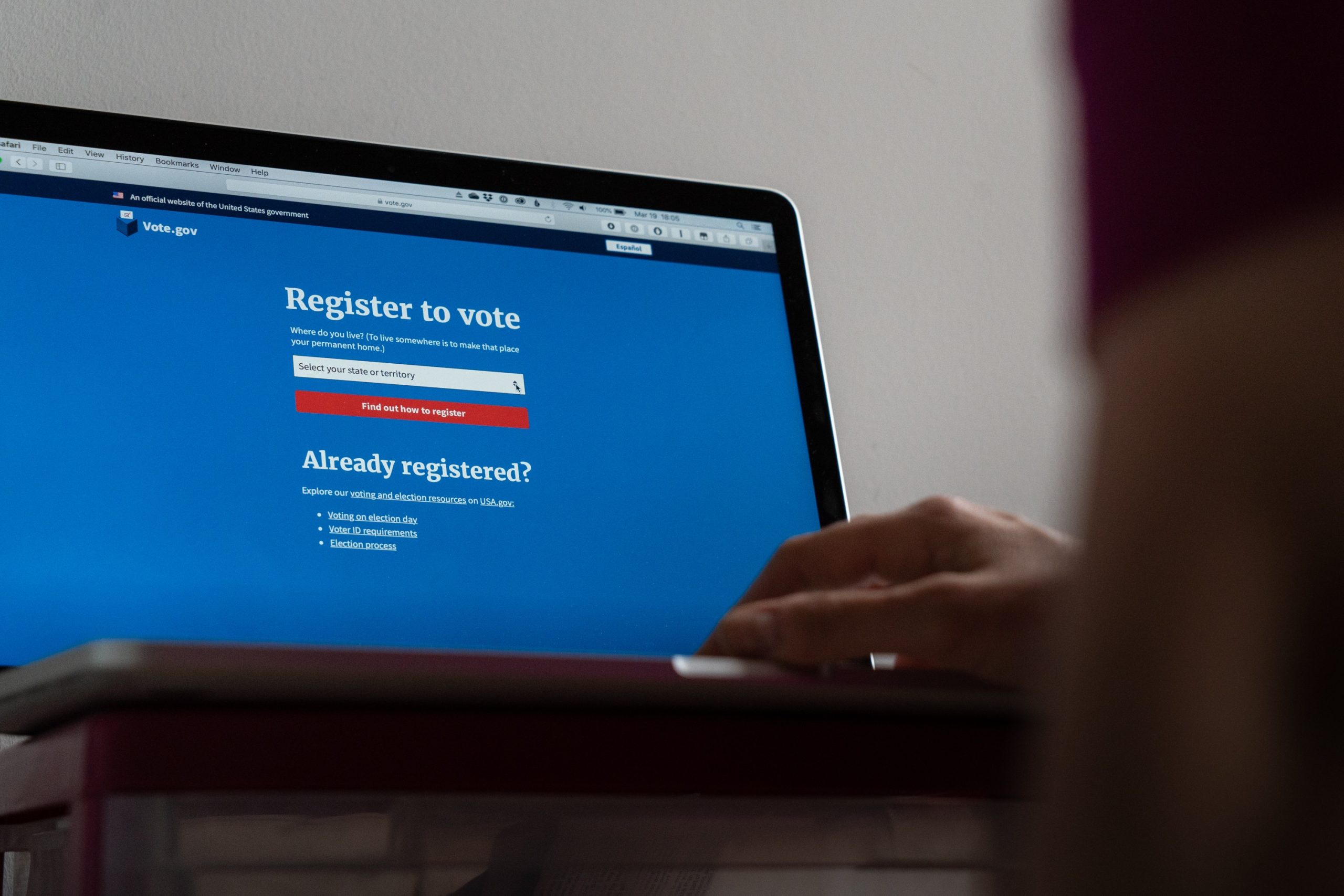




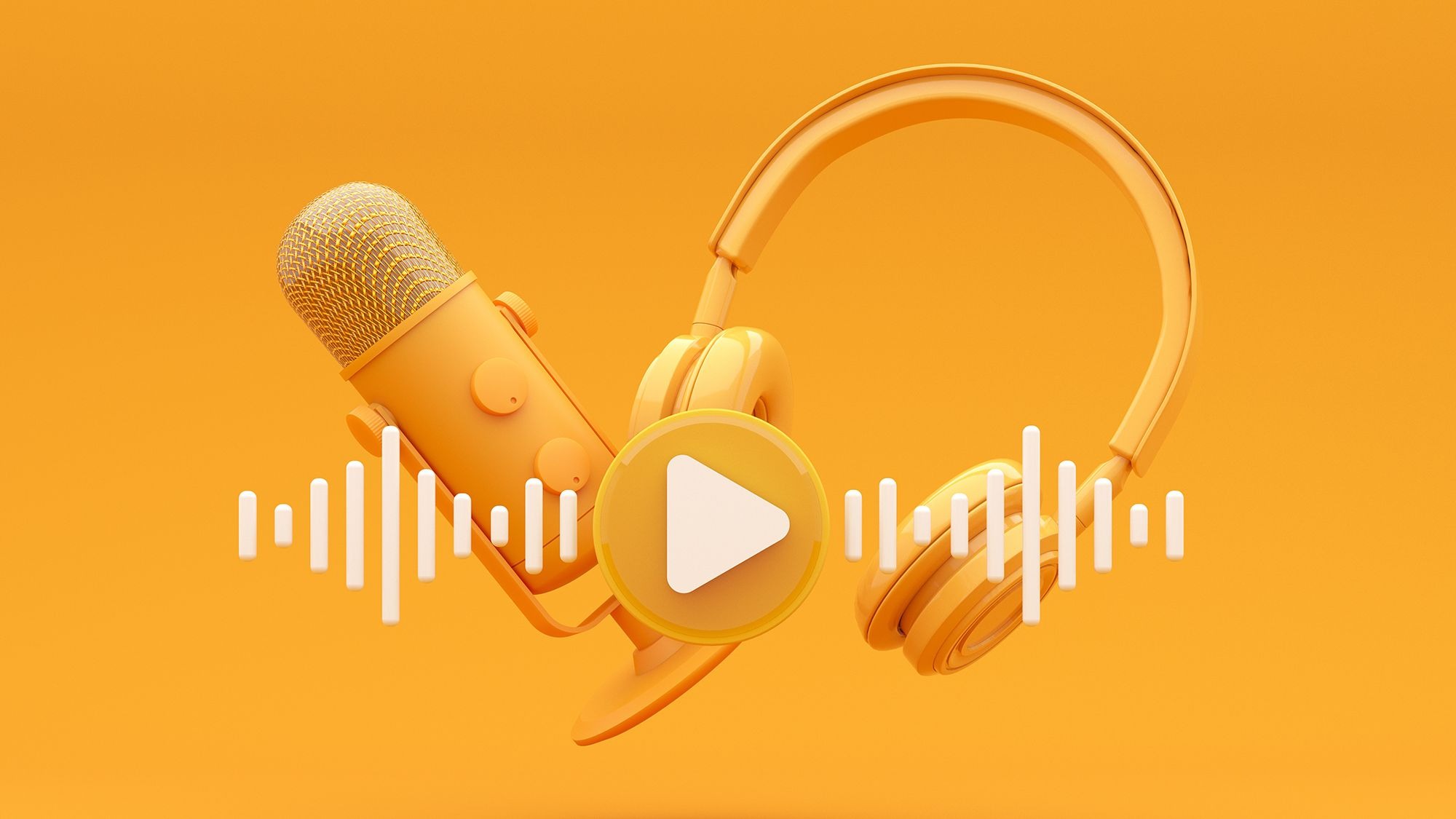
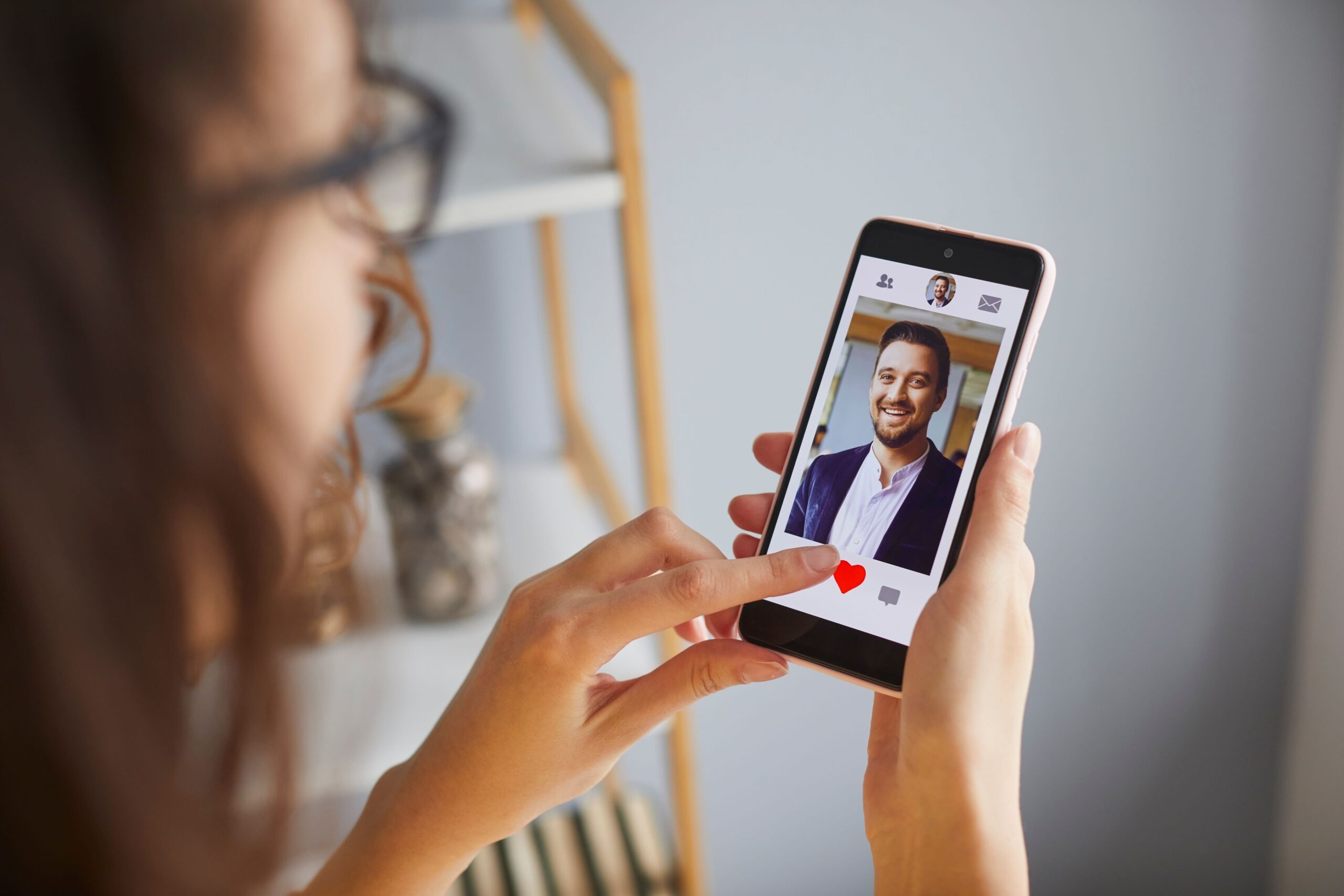
Leave a Reply